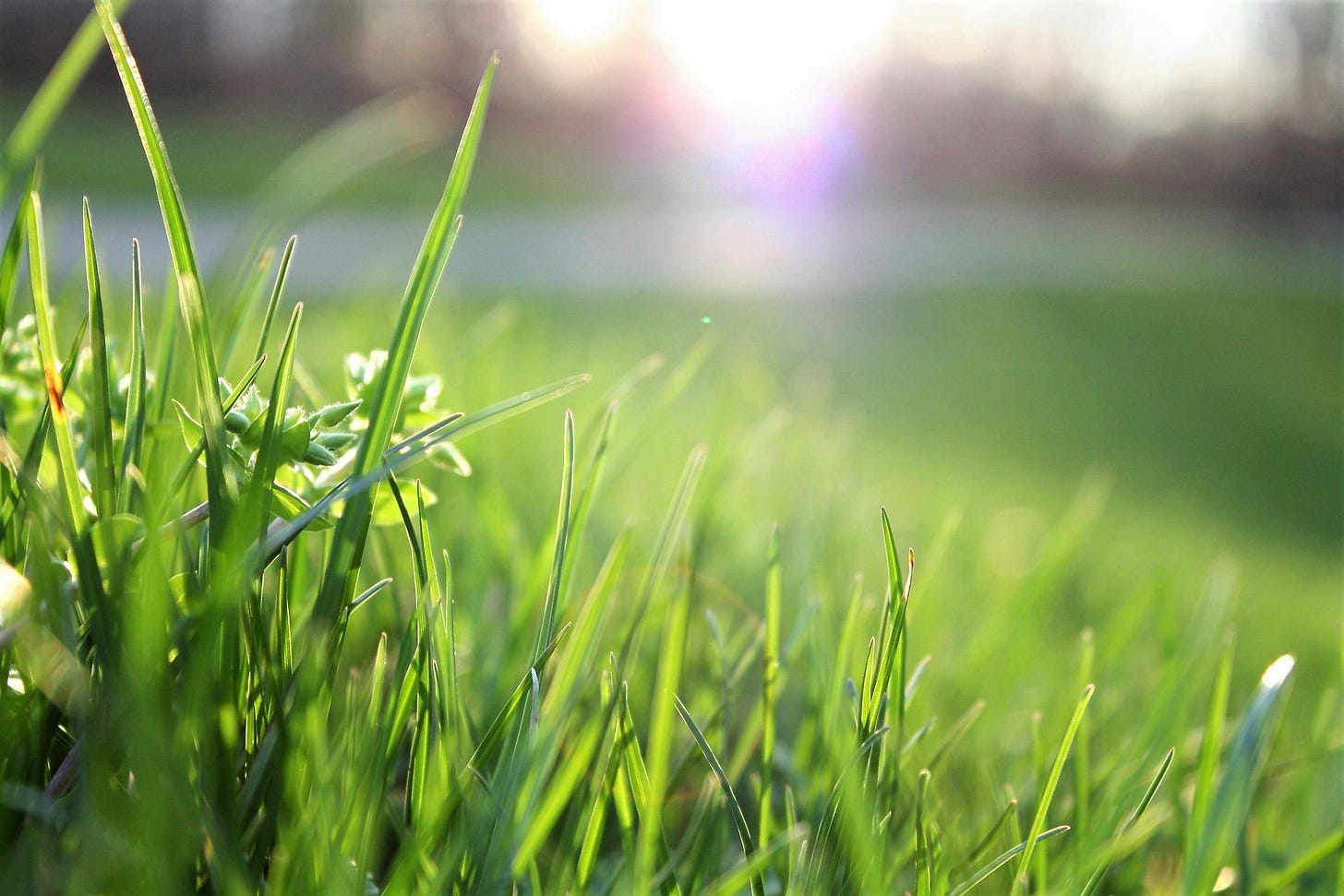Reflections of a Semi-Political Man
On finding your people and touching grass in the era of hyperpolitics.
On n’arrête pas une guerre avec des mots; mais la parole ne prétend pas forcément changer l’histoire: c’est aussi une certaine manière de la vivre.1
SIMONE DE BEAUVOIR
I filed my last political essay on March 11, 2020—a week after Super Tuesday, and the day before the university where I taught would suspend in-person classes due to the pandemic.
It was a takedown of Joe Biden’s political career that I had been rushing to finish before that crucial turn in the Democratic primary, combing over primary sources day and night as if America’s political future depended on it. Of course I doubted that my writing had any impact on politics, but the frenzy of activity I’d undertaken the previous four years had made some part of me to believe this essay was necessary, that the world was waiting for it. But I fell behind as the research sprawled, and the essay’s intent was rendered moot by the sudden consolidation of the Democratic primary field before Super Tuesday. My friends praised it mournfully; part of me knew even then that it was an elegy for something. Lockdown began the next day, and my personal life fell apart not long after.
In the years since, I’ve puzzled over what happened to my relationship with politics, for so long so intense and consuming that it invaded my every thought, energized my work, and expanded my knowledge. Politics coursed through my aching body by day and my sleepless anxiety by night. But in a few years of personal and global upheaval, it seemed for a while to have vaporized, leaving only a curious absence. During that time I sometimes said—a bit gleefully, a bit ruefully—that I was a enjoying being a low-information voter.
To ever write about politics again, maybe to write again at all, I felt I would have to go back to the beginning, to discover how politics became so inextricable from my vocation as a writer and identity as a person. That is surely in part an accident of personal history, which is why the majority of this essay takes the form of intellectual-political autobiography. But I hope to use that story to reflect on two contrasting stances toward politics. I call them political romanticism, which approaches politics through the lens of aesthetics, values, and identity; and political rationalism, which approaches it through research, reasoning, and analysis. (Or to make it simpler, prophecy and science.) And my own political biography is just as surely a product of its time: the crumbling of the apparent post-political consensus of the 1990s and the apparent upsurge of populist energy in the 2010s. So I also try to sketch my own story against the rise of “hyperpolitics,” the systemic background of all of our engagement with and discourse about politics.
Keep reading with a 7-day free trial
Subscribe to Listening Sessions to keep reading this post and get 7 days of free access to the full post archives.





